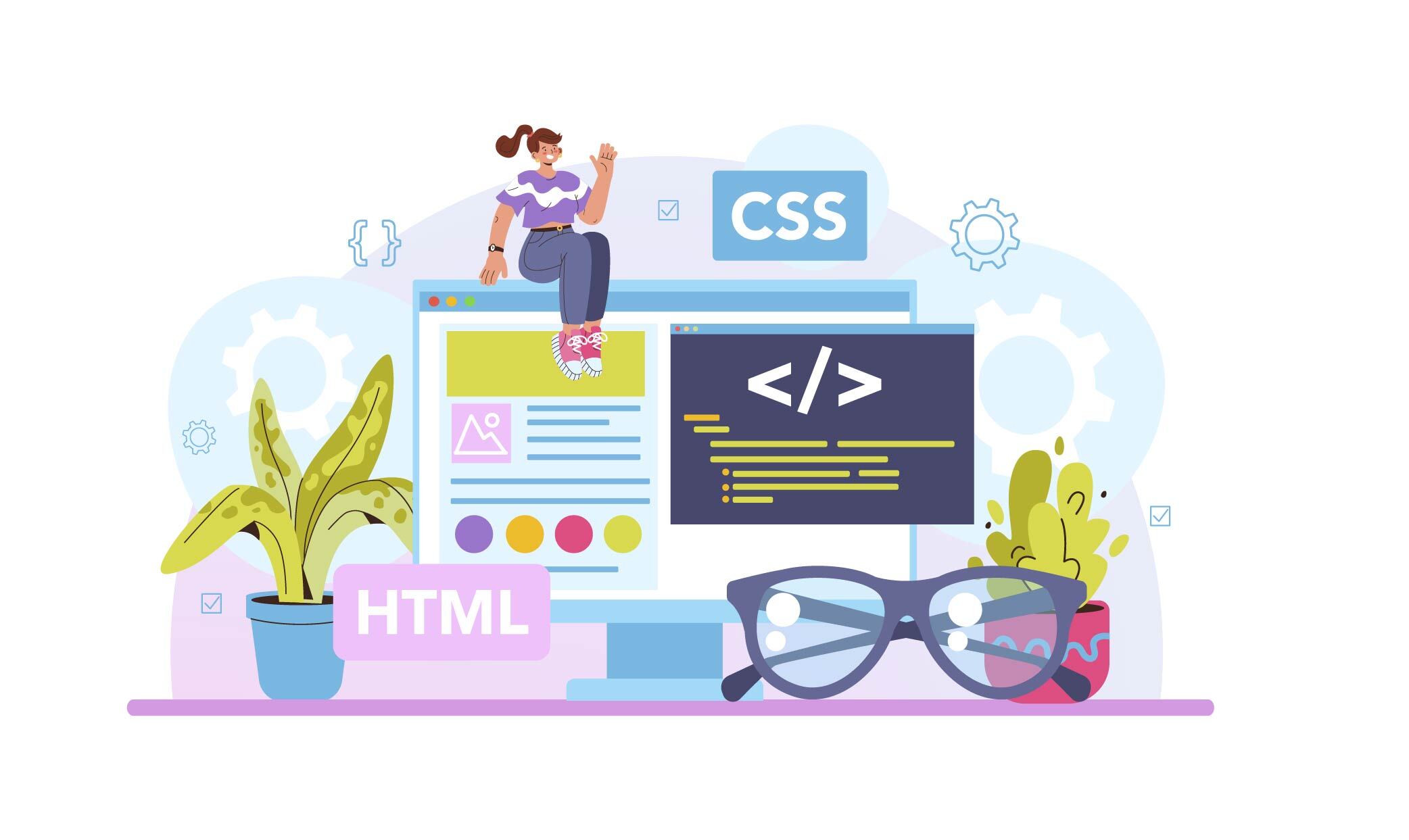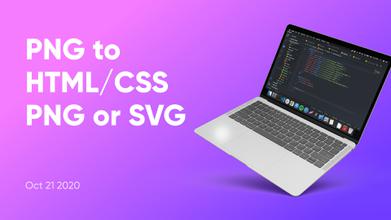HTML CSS Developer: How To Start A Career?
Nov 26, 2021 13077 seen
What is the role of an HTML/CSS developer?
HTML and CSS developers are in charge of developing, updating, testing, and refining websites and applications. In this job, you'll be responsible for developing front-end web and web applications. HTML and CSS are used to create your program and website. You frequently work within an existing structure, adding or editing code to create a site or system that meets your client's or employer's requirements. You can also use computer software to add visuals to your code and test it. Webmaster apps for advertising or data collection are sometimes set up by an HTML and CSS developer.
What does it take to become an HTML/CSS developer?
Programming skills, design skills, and a computer-related degree are all required to begin a career as an HTML and CSS developer. Employers sometimes prefer candidates with a computer science or web development degree.
HTML and CSS developers must have a thorough understanding of HTML and CSS coding, and employers frequently request additional coding skills in related web development languages like JavaScript. Develop a portfolio of previous projects to show potential employers or clients, and become familiar with common website frameworks like WordPress, Joomla, and Drupal.
HTML for absolute beginners
Nowadays, everyone needs websites and web apps. If you work as a web developer, you have a lot of options.
As we all know, if you want to create a website, it is essential to know HTML and CSS code.
Rather than trying to teach HTML through various mind-boggling theories, this article will focus on how to learn HTML, where to find a job as an HTML code developer, and the opportunities you'll have in that field.
What is HTML?

To begin writing HTML, you must first understand what you are doing.
HTML is the language in which most sites are written. HTML is used to create and improve the functionality of web pages. CSS is the code used for visual appeal, and we'll go over it in detail in the following tutorial. For the time being, we'll concentrate on teaching you how to build rather than design.
HTML was invented in 1989 by Tim Berners-Lee, Robert Caio, and others. It is an abbreviation for Hypertext Markup Language.
A document that is hypertext contains links that allow the reader to navigate to other parts of the document or to another document in general. HTML5 is the most recent version. A markup language is a method for computers to communicate with one another in order to control the processing and presentation of text. Tags and attributes are used in HTML to accomplish this.
What are tags and attributes and tags?

Tags and attributes are the basis of HTML code. They collaborate but serve different purposes; it is worth devoting 2 minutes to distinguishing between the two.
HTML's foundation is made up of tags and attributes. They collaborate, but they do different things; it's worth taking two minutes to distinguish between them. Tags are used to indicate the start of an HTML code element and are typically surrounded by angle brackets. h1> is an example tag. To function, most tags must be open <h1> and closed </h1>.
What exactly are HTML attributes?
Attributes contain additional data. Attributes take the form of an opening tag that contains additional information. Example attribute: <img src="mydog.jpg" alt="A photo of my dog.">
In this instance, the image source (src) and the alt text (alt) are attributes of the <img> tag.
Education required for a career in HTML

For a career in HTML, you'll need to have the following qualifications.
HTML programmers and developers must have a bachelor's degree in computer science. There are other graphic or web design certifications that can be supplemented with knowledge. HTML developers and programmers can improve their HTML skills by using a variety of online portals, videos, and community forums.
HTML programmers or developers usually work as part of a team to create a website. They should be able to convert changes into code and design the user interface according to specifications. You can learn other scripting languages that can embed code, such as Javascript, by learning HTML.
HTML is simple to learn, and you can check the results as soon as you make changes to the web page.
Career path in HTML

An HTML developer's or programmer's career path is well-defined. You can begin your career in an entry-level position after you have studied HTML and completed your degree. They can hold middle and top management positions after gaining 3-5 years of experience in the same field. HTML and CSS code are essential skills for any front-end developer, regardless of whether they only work on web pages or web applications.
HTML developers can also work in software development to improve the user-friendliness of the product's design and appearance. HTML developers are in high demand among employers. These programmers are primarily focused on developing applications for mobile browsers such as Safari, Chrome, and others. These applications can also be accessed through a desktop browser. HTML gives you the freedom and flexibility to run your app on a variety of platforms.
Career outlook in HTML

HTML programmers and developers have a lot of opportunities. Web development is an option for HTML developers who are interested in visual and functional design. A web developer is a catch-all term for jobs such as webmaster, web designer, and so on. Web developers need to be able to concentrate because they must write code over a longer period of time. The other is creativity; they ensure that the user-friendly and functional parts are enjoyable.
HTML developers are in high demand these days, and there will be plenty of opportunities in the future. Because websites can be created anywhere on the planet, there may be opportunities to relocate to a country with lower wages, but that is the second part. HTML developers can effectively design a website, and they can find work as freelancers or in other fields.
Why you should have a Portfolio Website?

It keeps potential employers up to date on your skills, experiences, and projects that you've worked on.
As a developer, you need to be visible online. You can build your online presence by using social media platforms like Twitter, Facebook, and Instagram. However, these are not truly yours because the moderators of these platforms have nearly complete control over your account.
It's on your own internet domain with your own portfolio website. And if you do the right SEO, people will be able to find you when they search your name on a search engine like Google.
Your portfolio website functions similarly to an online resume. Clients and hiring managers can easily find you online and evaluate your previous projects and skills.
It also means that when someone wants to let you work for them and asks about your previous projects, you give them one link to your website. It has not only your projects but your skillset and information about your experiences.


